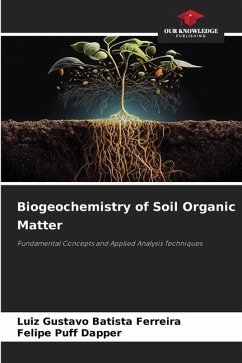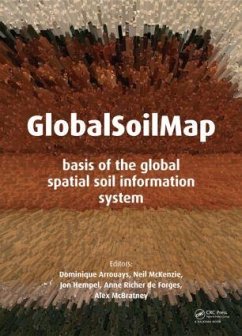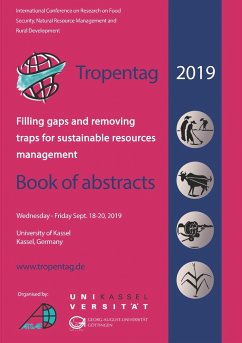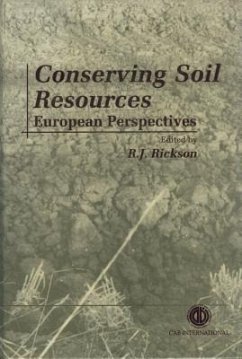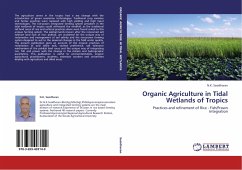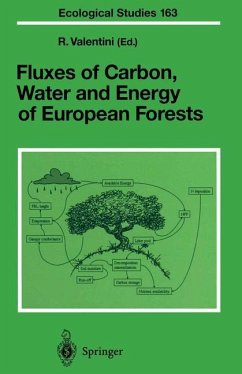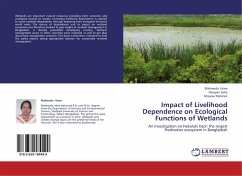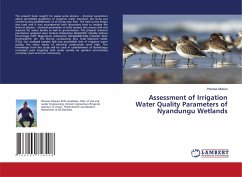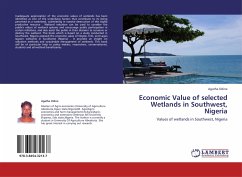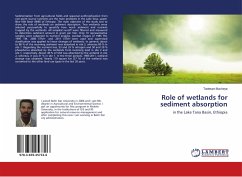Nicht lieferbar
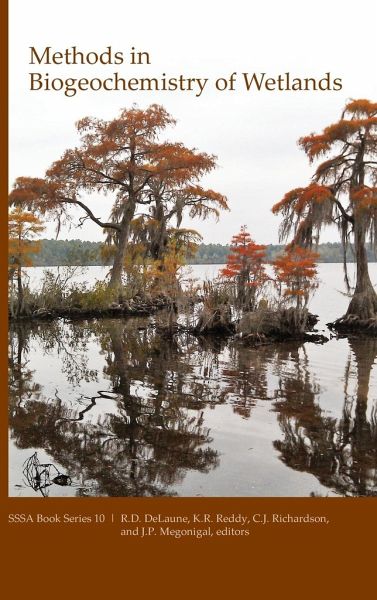
Methods in Biogeochemistry of Wetlands
Versandkostenfrei!
Nicht lieferbar
Wetlands occur at the interface of upland and aquatic ecosystems, making them unique environments that are vital to ecosystem health. But wetlands are also challenging to assess and understand. Wetland researchers have developed specialized analytical methods and sampling techniques that are now assembled for the first time in one volume. More than 100 experts provide key methods for sampling, quantifying, and characterizing wetlands, including wetland soils, plant communities and processes, nutrients, greenhouse gas fluxes, redox-active elements, toxins, transport processes, wetland water bud...
Wetlands occur at the interface of upland and aquatic ecosystems, making them unique environments that are vital to ecosystem health. But wetlands are also challenging to assess and understand. Wetland researchers have developed specialized analytical methods and sampling techniques that are now assembled for the first time in one volume. More than 100 experts provide key methods for sampling, quantifying, and characterizing wetlands, including wetland soils, plant communities and processes, nutrients, greenhouse gas fluxes, redox-active elements, toxins, transport processes, wetland water budgets, and more.




